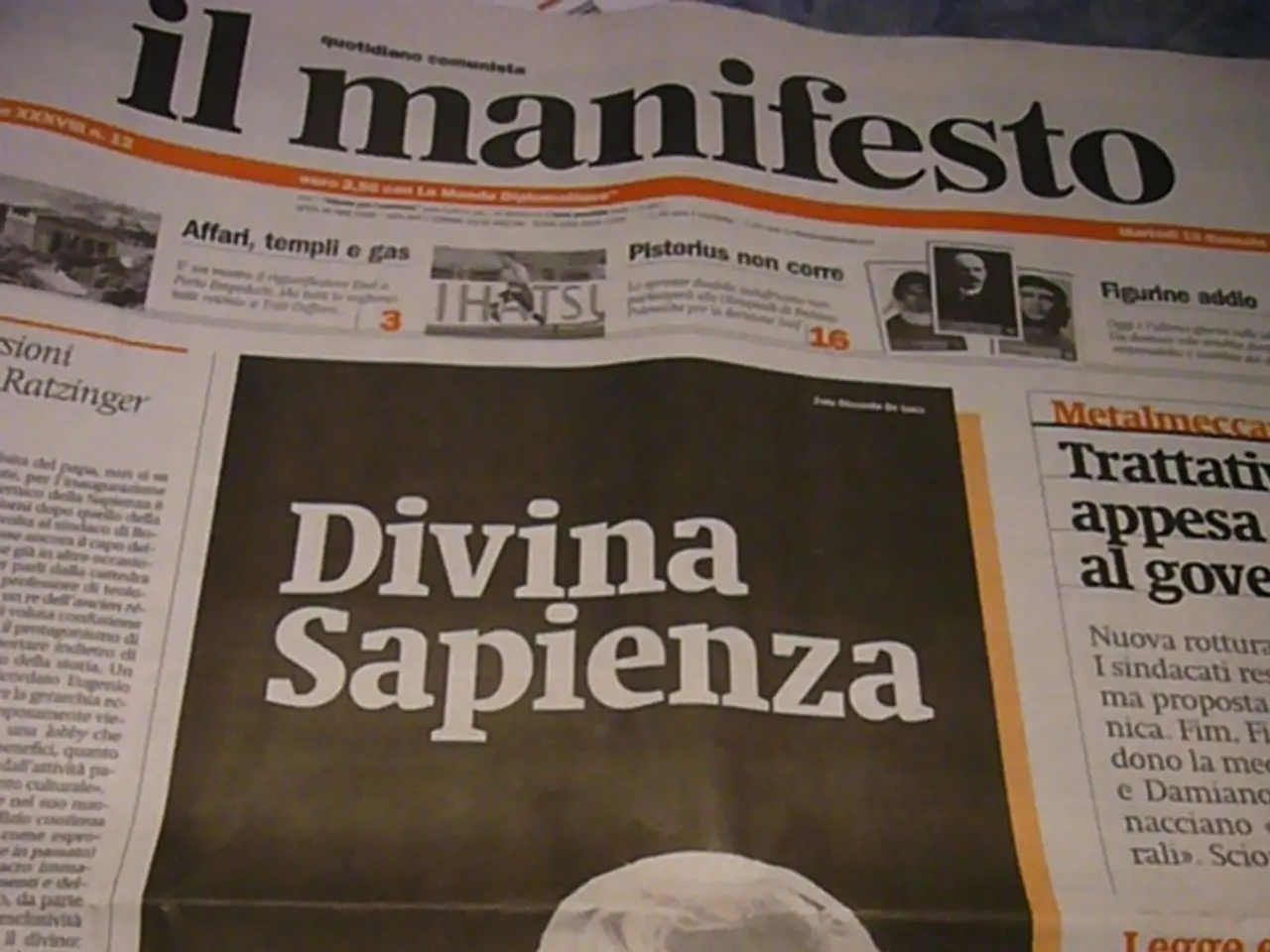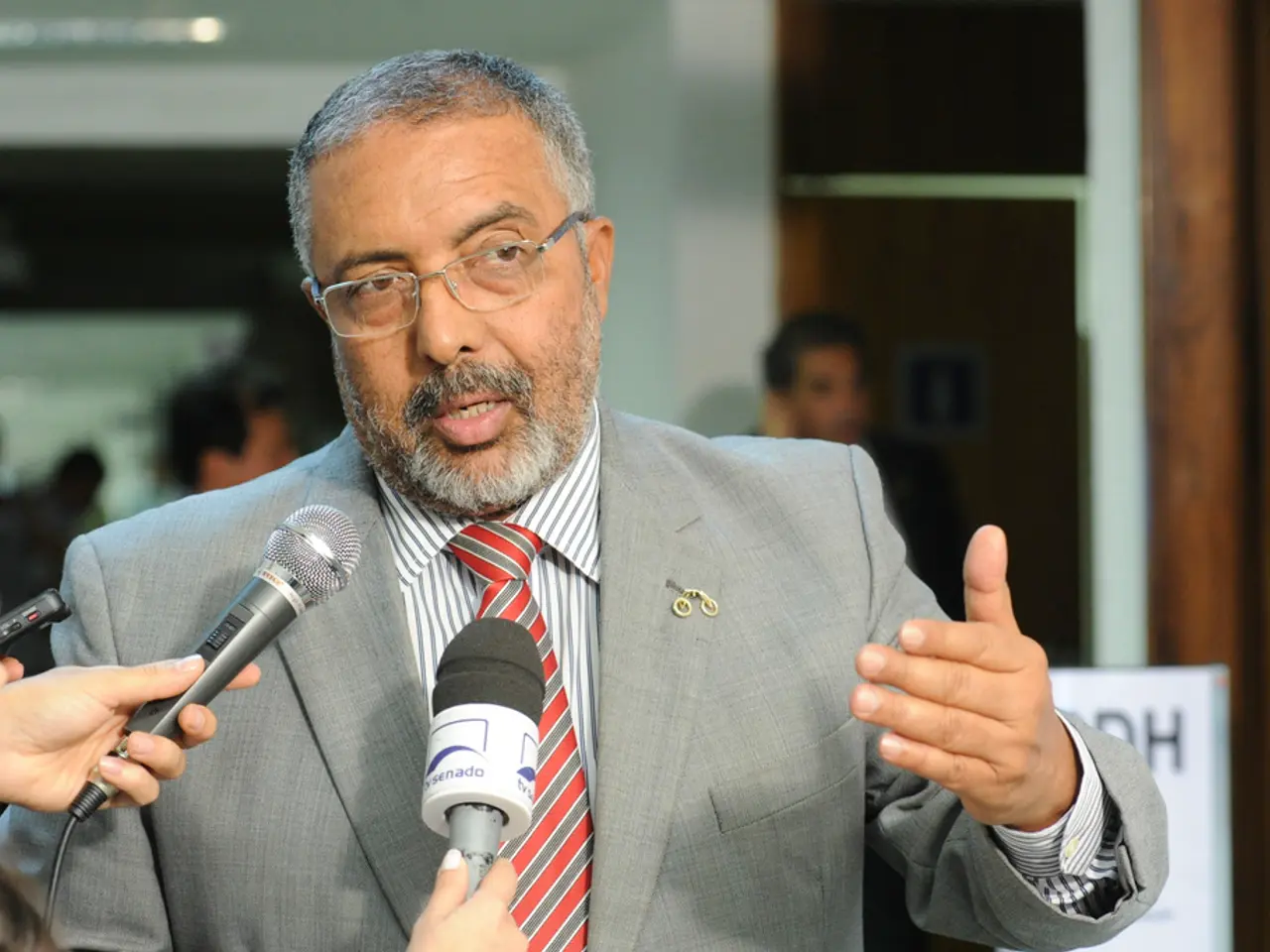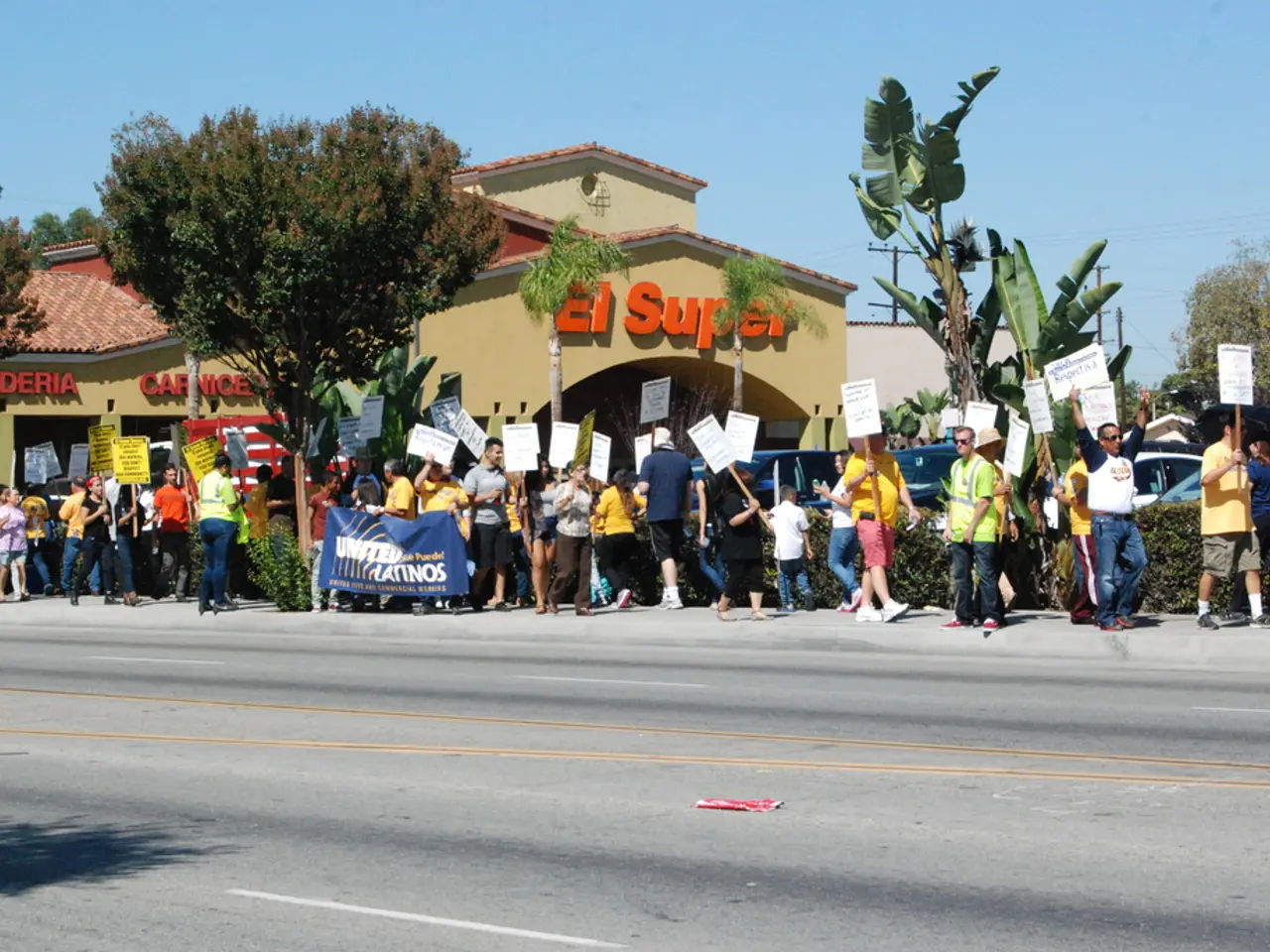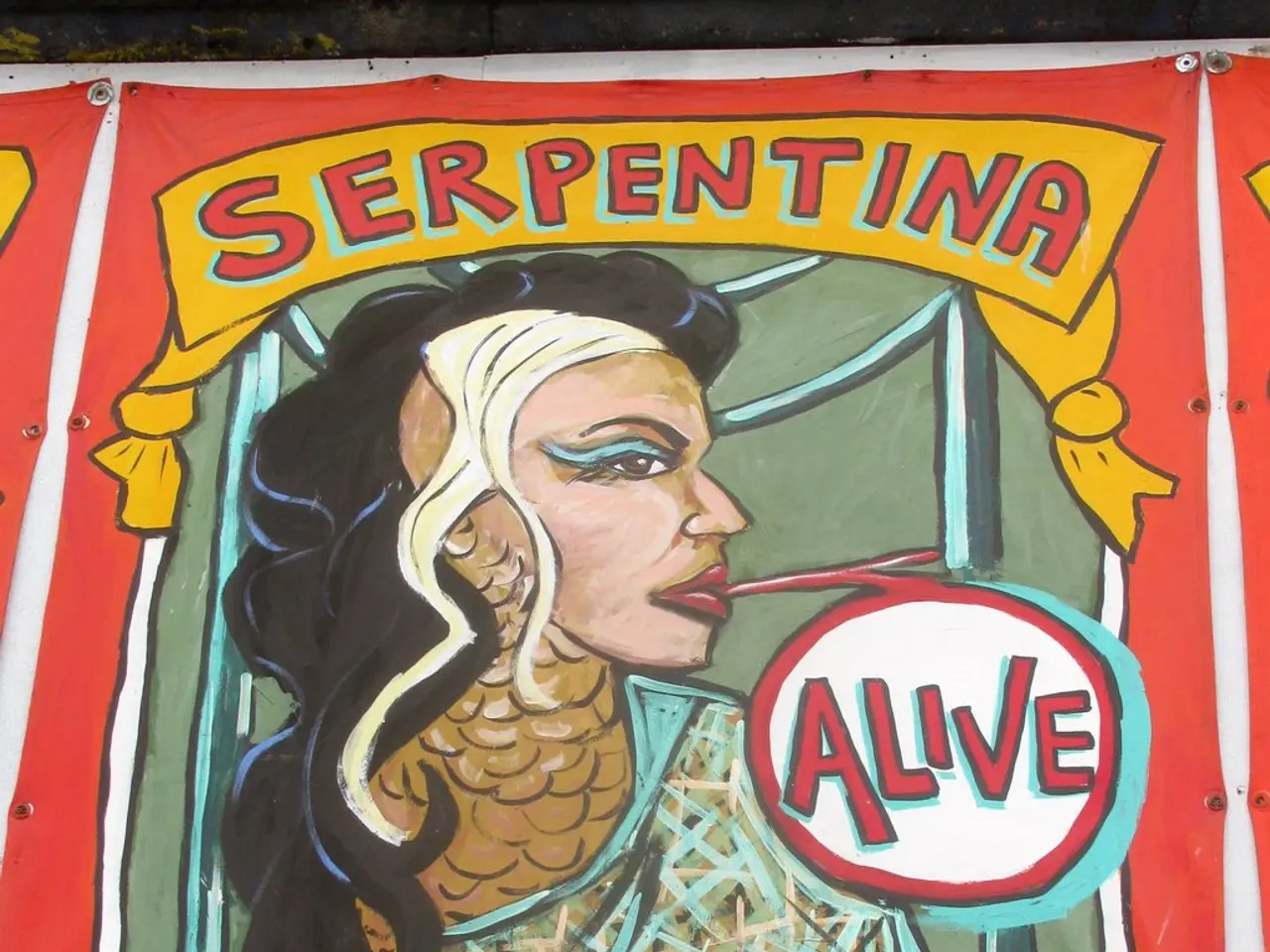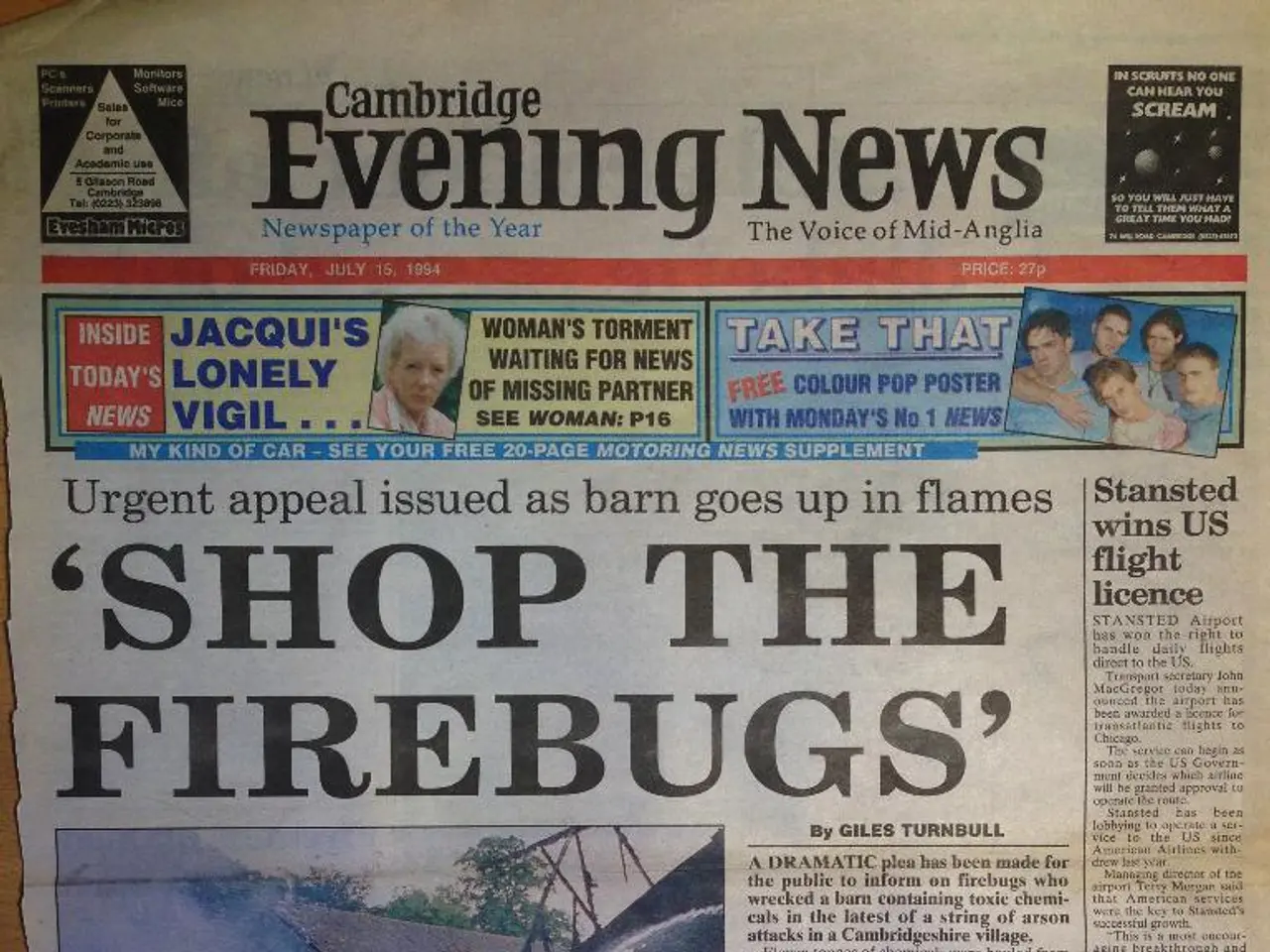Coordinated Announcement at COP29: Repudiation of Unscrupulous Practices and Results in Climate Negotiations
In a dramatic turn of events at the recent COP29 conference held in Baku, Azerbaijan, Indigenous Peoples from seven socio-cultural regions voiced their discontent with the conference's outcomes. Represented by Sheelah Bearfoot, their collective dissatisfaction was palpable, as they felt their priorities and demands were not adequately addressed.
Indigenous organizations are urging Parties to recommit to the 1.5°C target and phase out fossil fuels. They find nothing to celebrate at COP29, as decisions made continue to destroy their planet. The lands, waters, ice, and territories of Indigenous Peoples are experiencing melting and burning, a stark reminder of the disproportionate climate impacts they face.
One of the key concerns raised by Indigenous Peoples was the exclusion of their knowledge systems from climate action. They believe that this risks the survival of all humanity, as their traditional wisdom provides a vital basis for effective adaptation strategies to climate change.
Another contentious issue was the removal of human rights and the rights of Indigenous Peoples from the NCQG (Nationally Determined Contributions) and the prioritization of carbon market financing at COP29. Indigenous Peoples are suffering due to climate change and urgently need direct and equitable access to climate finance for adaptation, mitigation, and loss and damage across all seven socio-cultural regions.
In a show of solidarity, Indigenous Peoples joined several other Nations in voicing vehement objections to the unacceptable decisions being made at COP29. They also support the civil society organizations who have chosen to use silence to refuse legitimacy to the COP29 process.
Indigenous Peoples, as Sovereign Nations, are advocating for a transition to sustainable systems that respect human rights and the rights of Indigenous Peoples. They reject the financial colonization that comes from loans and any other financial mechanisms that perpetuate indebtedness of Nations who have contributed the least to climate change yet bear the brunt of its tragedies.
All Adaptation and Just Transition actions should recognize Indigenous Peoples as equal partners and rights holders. The COP29, with its unethical methods and outcomes, has failed to do so, prompting Indigenous Peoples to speak out and hold their place in the conference space. Their disappointment has been put on record, and they are determined to continue advocating for their rights and the survival of their communities.
[1] Source: [Search Result Link]
- Indigenous Peoples emphasize the necessity of integrating their traditional knowledge systems into environmental-science, policy-and-legislation regarding climate-change, as they believe this could increase the effectiveness of adaptation strategies.
- General-news outlets are reporting that Indigenous Peoples are calling for changes in policy and politics, urging Parties at COP29 to prioritize the rights of Indigenous Peoples and Indigenous environmental-science, as they suffer disproportionately from the impacts of climate-change.
- Indigenous organizations are pressing for a shift in policy-and-legislation toward a focus on sustainable systems that encourage climate-change mitigation and adaptation, and ensure equitable access to climate finance, within the realms of science, politics, and climate-policy.

